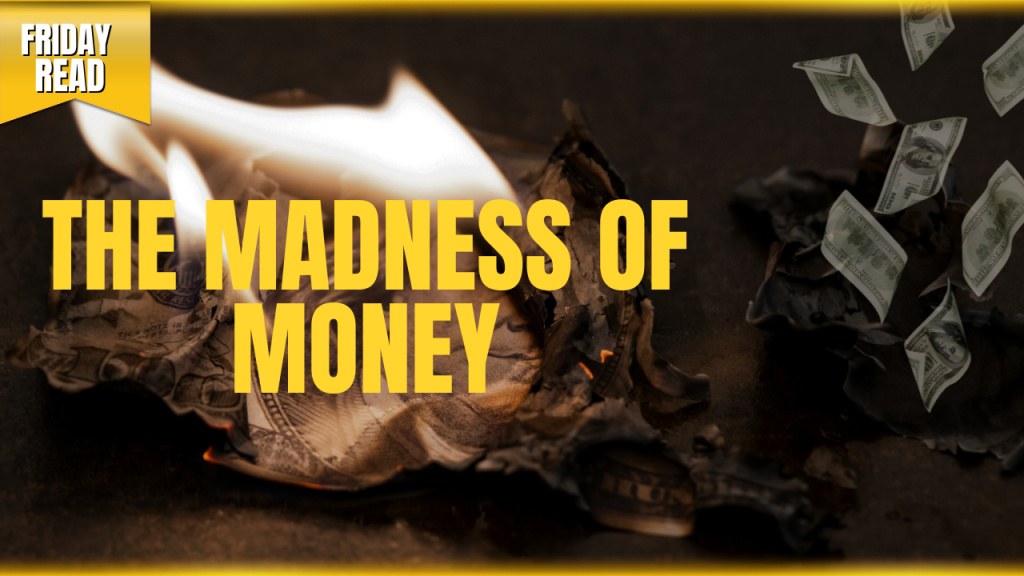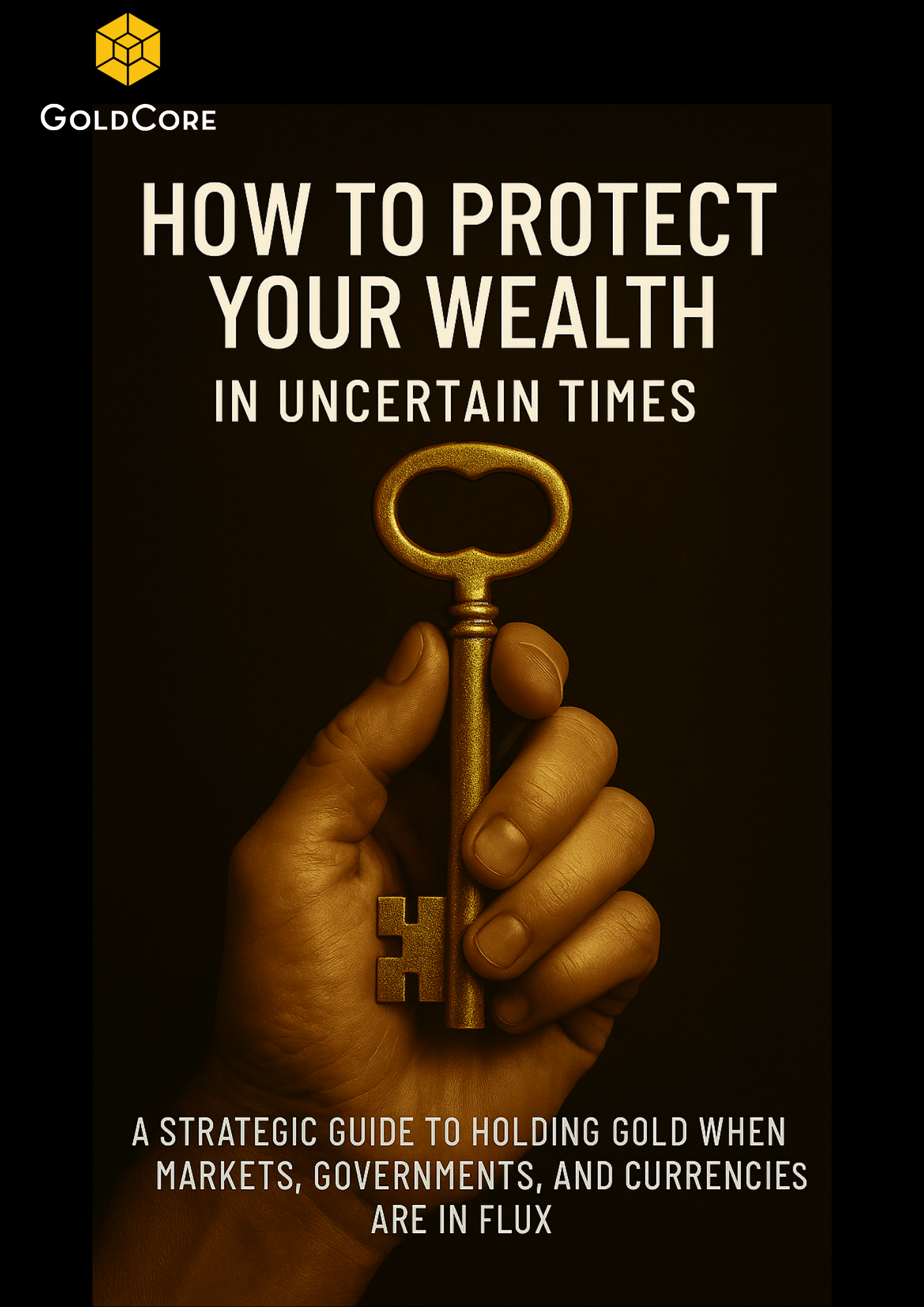
There was a time when the word “millionaire” carried a certain weight. It described an achievement that was unusual, almost mythical. Today, it is the inevitable outcome of rising house prices, easy credit, and years of quietly compounding inflation. To own a modest property in a decent postcode is, in many cases, enough to join the club. What was once a mark of rarity has become the by-product of policy.
And so we have outgrown the millionaire and grown comfortable with the billionaire. The culture of wealth has moved in tandem with the expansion of money itself. Now, it seems, we are preparing to accept the next step in the sequence: the trillionaire. This week, Tesla shareholders voted on a compensation package that will see Elon Musk become the first person in history to reach that milestone. The figure, a one followed by twelve zeros, is so large that it ceases to have meaning. If you had spent one million dollars every day since the birth of Christ, you would still have money left over. Yet this is not treated as absurdity, but as a technical question of corporate governance.
The point is not to pass judgment on Musk, nor on those who create extraordinary value. It is to ask how a monetary system evolves to allow individual wealth to reach a scale that no longer bears any proportion to real output. There is, of course, immense productive value in what Musk, Bezos, and others have achieved. They have changed industries, expanded frontiers, and, in doing so, driven much of the innovation that defines this century. But the question is whether the value created by their work explains, or merely accompanies, the vast inflation of their wealth.
Money has become the ultimate expression of trust. It is not real in any physical sense; it is a collective act of belief. We assume that central banks will defend its value, that governments will manage it responsibly, and that corporations will allocate it efficiently. This confidence, however, has become both the foundation and the weakness of the system. When belief falters, so does value, because there is little tangible beneath it.
The last two decades have shown what happens when that belief is stretched. Interest rates were driven to historic lows, and credit was expanded in every direction. Central banks intervened to calm each crisis, teaching markets that risk would always be contained. The result has been a financial world in which wealth accumulation depends less on production and more on proximity to liquidity. The system has rewarded those who can harness scale, leverage, and story, and it has done so at a pace that disconnects market value from the underlying economy.
According to the Guardian, the combined wealth of the world’s billionaires rose by two trillion dollars in 2024, an increase of roughly 5.7 billion dollars a day. Oxfam now predicts at least five trillionaires within a decade, when only last year it expected one. It is not that human ingenuity has suddenly accelerated, but that the mechanisms for translating confidence into capital have.
Kamal Ahmed, in his upcoming new book The Trillionaires, describes this as the rise of “hyper-wealth”: a form of power that now extends well beyond economics. He notes that today’s wealthy elite can distort entire economies with their spending, influence governments with a single call, and direct political narratives with their resources. He had predicted Musk would reach the trillion mark by 2027. It seems that moment has arrived early. The trillionaire is no longer a future projection; it is a present reality.
It would be easy to treat this as the failure of capitalism, but it is more accurate to see it as the logical outcome of its financial architecture. When the cost of capital is artificially low for long enough, future value is pulled forward, and present prices inflate. When the unit of money itself expands faster than productivity, the relationship between price and worth becomes blurred. We are left with an economy where paper value grows faster than tangible wealth, and where the measure has overtaken what it was meant to measure.
Gold offers a useful contrast. It does not promise returns, nor does it rely on confidence in policymakers or markets. Its value is not contingent on forecasts, liquidity, or trust. It simply exists as it always has, finite and recognisable. For central banks, this is precisely its appeal. Their renewed accumulation of gold is not an act of nostalgia, but an acknowledgment that part of the global reserve system must still rest on something that cannot default or be devalued by policy.
Gold does not compete with innovation or productivity; it corrects the illusion that wealth is endless. It represents the part of the system that cannot be inflated by optimism or undone by error. In a world where money is belief, gold remains evidence. It is the quiet constant that marks the distance between the promise of value and the reality of it.
True wealth, as history repeatedly reminds us, is not the number of zeros one can collect but the number of certainties that remain when those zeros lose meaning.
Buy Gold Coins

Buy gold coins and bars and store them in the safest vaults in Switzerland, London or Singapore with GoldCore.
Learn why Switzerland remains a safe-haven jurisdiction for owning precious metals. Access Our Most Popular Guide, the Essential Guide to Storing Gold in Switzerland here.
Receive Our Award Winning Market Updates In Your Inbox – Sign Up Here





